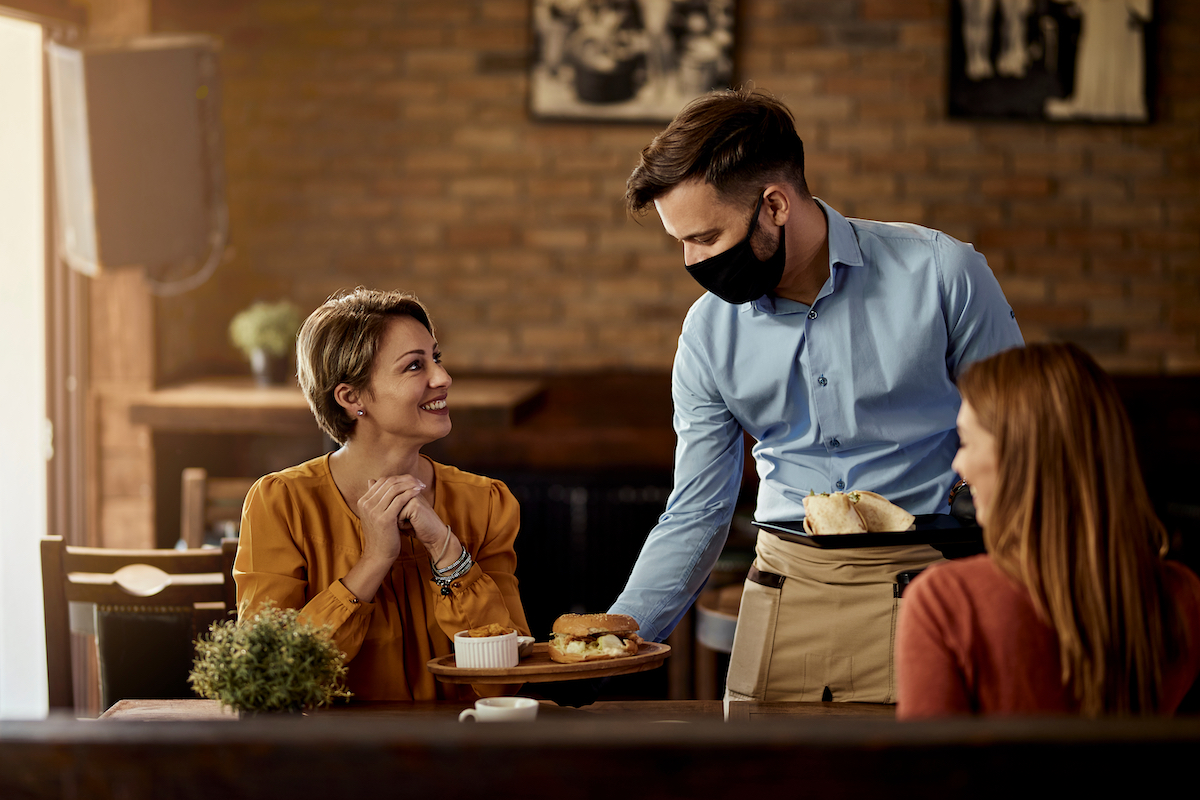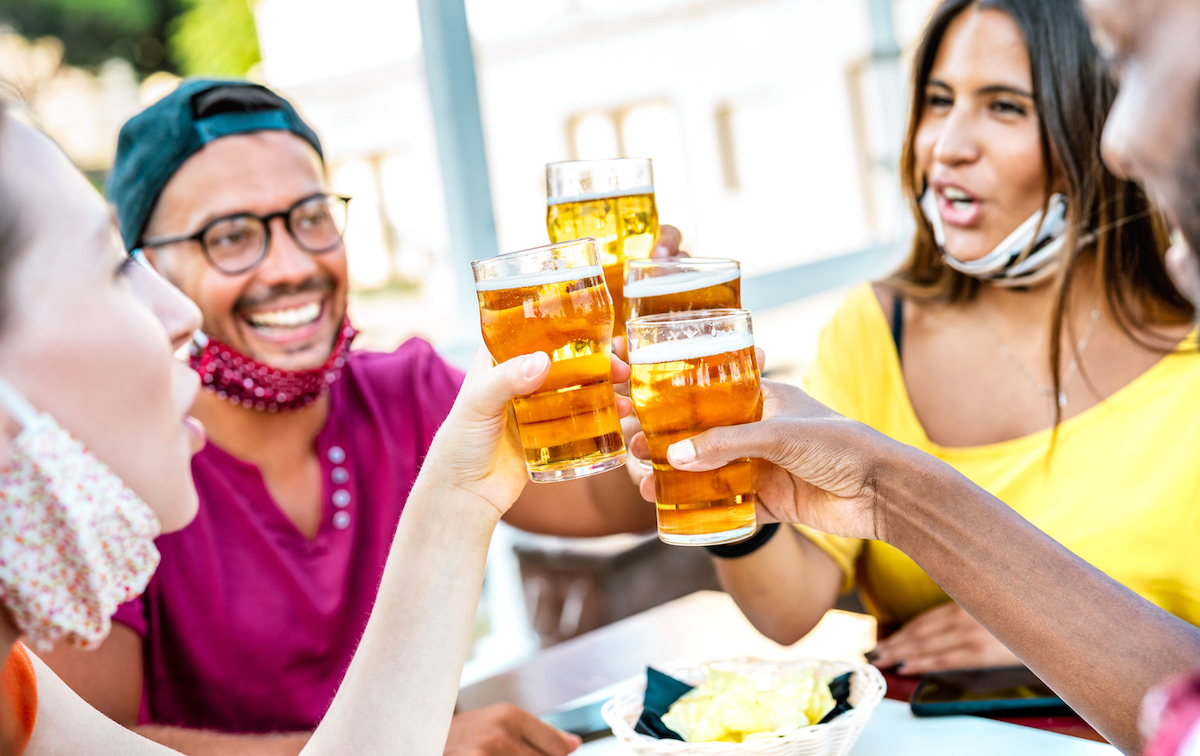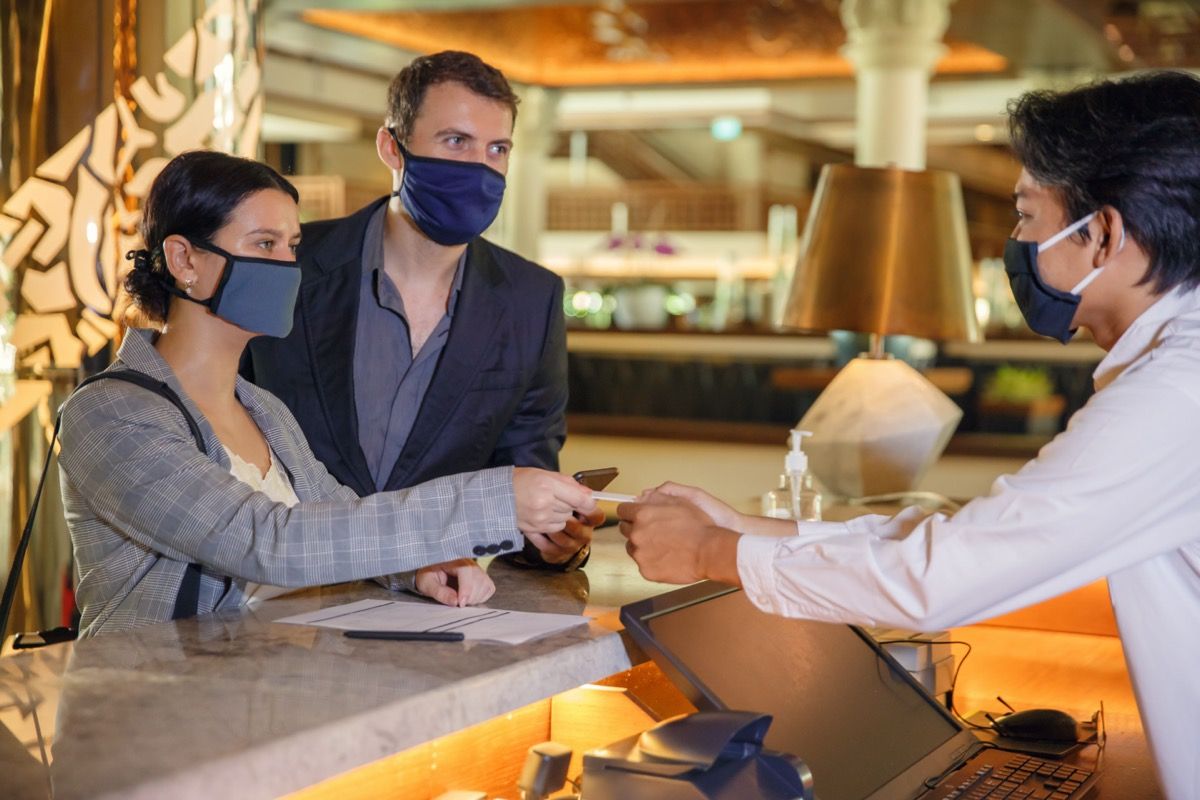According to an analysis of Los Angeles County public health data by the Los Angeles Times, shopping centers are quickly becoming major COVID transmission sites, especially as they become overcrowded during holiday shopping rushes, despite local health ordinances there that limit stores to just 20 percent capacity. Figures show that outbreaks among staff—which are defined as 3 or more cases in a 14-day period—have increased more than 150 percent to 505 businesses countywide from 202 just a month ago. “The vast majority of outbreaks reported at shopping malls during the pandemic were reported in the past four weeks,” the Los Angeles Times reports. Health experts argue that the safety practices and behaviors aren’t to blame, but rather the staggeringly high number of cases that make it easier for the virus to spread. They also cite the confusing mixed message created by keeping certain businesses open while urging citizens to stay home unless absolutely necessary. “There’s been so much messaging in the pandemic that said, ‘It’s not safe for X to be open, so we’re going to close X,’” Shira Shafir, PhD, an epidemiology professor at UCLA, told the Los Angeles Times. “It’s totally reasonable for people to then interpret the inverse: ‘If it’s open, it must be safe.’” Unfortunately, malls and shopping centers aren’t the only venues you need to be concerned about. Read on to see which other places experts recommend you avoid, and for more on what your symptoms might be telling you, check out This Is How to Tell If Your Cough Is COVID, Doctors Say. Read the original article on Best Life. It may be hard to resist stepping out for your favorite dish, but it’s the best way to stay safe. A study from the Centers for Disease Control and Prevention (CDC) published in September found that “adults with positive SARS-CoV-2 test results were approximately twice as likely to have reported dining at a restaurant than were those with negative SARS-CoV-2 test results.” In a November interview with The New York Times, Anthony Fauci, MD, reiterated one of his most often repeated warnings. “Bars are really problematic. I have to tell you, if you look at some of the outbreaks that we’ve seen, it’s when people go into bars, crowded bars,” he warned. “I used to like to sit at a bar and grab a hamburger and a beer. But when you’re at a bar, people are leaning over your shoulder to get a drink, people next to each other like this. It’s kind of fun because it’s social, but it’s not fun when this virus is in the air. So I would think that if there’s anything you want to clamp down on for the time being, it’s bars,” he said. And for more on genetic traits that could create a potential health problem, check out If You Have This Blood Type, You’re at a High Risk of Severe COVID. When asked about public transportation in the same interview, Fauci told The New York Times: “It depends on your individual circumstances. If you are someone who is in the highest risk category, as best as possible, don’t travel anywhere. If you go someplace, you have a car, you’re in your car by yourself, not getting on a crowded subway, not getting on a crowded bus.” And for the worst way to travel right now, check out This Is the Riskiest Way to Travel for the Holidays.ae0fcc31ae342fd3a1346ebb1f342fcb Despite the fact that the CDC has advised against travel since before Thanksgiving, that hasn’t stopped millions of Americans from hitting the road and taking to the skies. The agency warns that traveling “increases your chances of getting and spreading COVID-19,” ranking staying in a hotel as very risky behavior in its guidelines, second only to staying in a hostel or dormitory-style dwelling. And for things to avoid if you absolutely must check-in, check out The 4 Things You Shouldn’t Do at a Hotel During COVID, Doctor Warns.



